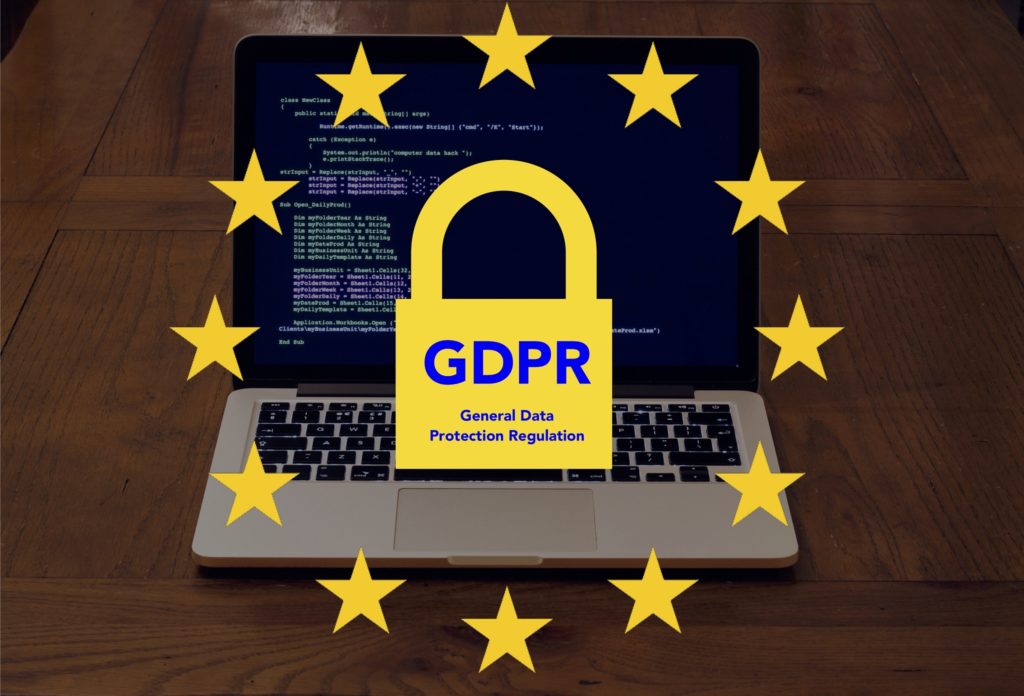It’s not hard to see why cybercrime is one of the biggest threats facing businesses today. Every so often, global headlines are dominated by a massive cyberattack that reminds us just how potent a weapon our interconnectivity can be in the hands of criminals. Cybersecurity is now a strategic, board-level concern, and this has seen managed security service providers (MSSPs) become a priority. Nevertheless, MSSPs have, for years, been seen as a preserve of the world’s largest organizations. Small and medium-sized businesses (SMBs) remained on the sidelines. That is, however, changing — and fast. Here’s why.
1. SMBs have less robust cybersecurity

A look at the cyberattacks that make the news could leave one thinking these incidents affect only the world’s largest organizations. But the news can be unintentionally misleading. Media organizations will prioritize incidents that affect mega corporations over those touching smaller entities. The rationale is the interest and impact footprint of these attacks is much bigger and therefore of greater relevance to the public.
But SMBs aren’t immune from cyberattacks. In fact, SMBs are an attractive target because they don’t always establish or adhere to stringent IT security controls. That’s partly because they lack the financial muscle to procure the best cybersecurity experts available. So, by signing up with MSSPs for SMBs, they can tap into the best cybersecurity in the world without spending an arm and a leg for it.
2. SMBs trade with large organizations, so attack payoff is compounded
The business world is not segmented into silos of small, medium, and large organizations. Large businesses will regularly procure products and services from dozens or hundreds of SMBs each year. It’s something hackers realized early. They started to focus on vendors of big businesses as an avenue to break through the cyber defenses of otherwise difficult-to-penetrate large enterprises. Both the 2013 Target hack and 2014 Home Depot data breach were initiated via the compromised credentials of a vendor.
Business relationships between SMBs and large organizations, therefore, mean hackers stand to gain a much bigger payoff from an attack than they otherwise would attacking an SMB on its own. MSSPs for SMBs can help close the gaps.
3. Cost of a cyberattack is huge

The cost of a cyberattack is dependent on the scale of the attack, the value of the data disclosed, the measures taken to prevent a recurrence, and the damages incurred due to lost reputation. As a general rule, the cost of a cyberattack increases in tandem with the size of the organization. Nevertheless, SMBs are disproportionately harder hit by a data breach. The cost as a proportion of the revenues may be substantial.
Worse still, SMBs do not have access to the wide range of financing options that large businesses do. According to the Ponemon Institute, small businesses require an average of $690,000 to recover from a cyberattack, while medium-sized enterprises take a $1 million hit. The financial cost of a cyberattack could very well drive an SMB out of business. In this context, working with MSSPs for SMBs is a proactive, preventative control that reduces the likelihood and severity of an attack.
4. SMBs work with large data volumes
SMBs may not have the revenue of large organizations. But when it comes to data, today’s SMBs can possess enormous volumes of electronic information. The Internet has made it possible for a small enterprise to serve a large customer base spread across the globe.
Customers do not hold SMBs to a lower standard when it comes to the protection of their confidential information. Yet, SMBs may not afford or understand the sophisticated security controls required to ensure customer data is placed beyond the reach of attackers. By working with an MSSP, small and medium-sized enterprises can tap into knowledge that would otherwise be beyond their reach.
5. SMBs aren’t exempt from emerging privacy regulations

The EU’s General Data Protection Regulation (GDPR) came into force in May 2018 and is the most aggressive and far-reaching privacy law passed anywhere yet. While it primarily applies to the handling of EU citizens’ confidential data, the size of the EU market is making it a global standard, de facto. The potential penalties for noncompliance are huge.
Global multinationals have been slapped with fines for failure to comply. That doesn’t, however, mean SMBs are exempt. Not conforming to GDPR and other privacy or data security laws can have huge repercussions on an SMB and even inhibit its ability to do business. As a precaution, enlisting the services of MSSPs for SMBs is the logical thing to do. MSSPs already have vast knowledge and experience crafting security policies that meet the expectations of major privacy laws.
6. Lower tolerance for downtime
There’s never been a time in human history where customers had a higher expectation of businesses than they do today. System downtime timelines that were tolerated in years past are now considered anathema.
Certain types of attacks, such as a DDoS, can cause significant system downtime. SMBs can no longer bank on the goodwill and interpersonal relationships they have built with customers over the years to save their reputation when their systems are knocked offline for hours or days. System redundancy is a must-have. MSSPs for SMBs have the skill depth to ensure enterprise systems can better withstand serious cyberattacks.
7. SMBs lack dedicated IT staff
SMBs don’t have the luxury of billion-dollar employee remuneration budgets that giant corporations do. Such constrained resources imply the business has to leave specific roles to an external contractor who is engaged on an as-needed basis. The IT role is often one of the top candidates for such contractor assignment. But such contractors often have a somewhat loose arrangement with the business and don’t dive deep enough into security matters. They are also not necessarily security experts.
With an MSSP, SMBs get access to people with in-depth security knowledge, and that can stay on top of security matters as they come up.
MSSPs for SMBs is the future
When it came to cybersecurity matters, SMBs were willing to ride their luck in the past. And for a while, that strategy seemed to pay off. But the ubiquity of the Internet, the complexity of modern systems, the sophistication of attacks, and the interconnectedness of the modern economy means cybersecurity risks must become a big part of SMB management conversation. Many SMBs are turning to third parties for help and MSSPs are in prime position to plug this gap.
Featured image: Shutterstock



